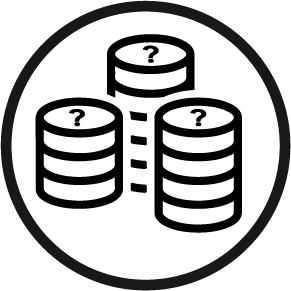Course information
Impact Evaluation 201
Welcome to Impact Evaluation Methods Overview!
In this 3-hour course, you will explore the foundations of experimental impact evaluation designs, otherwise known as randomized controlled trials (RCTs), explore two key quasi-experimental impact evaluation designs used in humanitarian contexts. Additionally, you will learn about common threats to internal validity and practical strategies to mitigate these threats throughout the evaluation process. This course is the second in a two-part series developed by The Humanitarian Assistance Evidence Cycle (HAEC). While it is not a requirement, it is strongly recommended to complete the first course before beginning this one.
 |
Is this course for me? |
|---|---|
|
This course was designed for those who have the following knowledge and interests:
|
|
 |
How will I benefit from this course? |
|
You can benefit in many ways, depending on your situation. Here are some examples:
|
|
 |
How long will it take? |
|
This course should take about 3 hours to complete |
|
 |
How much does it cost? |
| This course is free! |
|
 |
Will I get a certificate at the end? |
|
Yes, you will be able to download a certificate once you have completed all of the modules within the course. |
|
 |
How do I start? |
| Scroll to the top of the page and click on the I agree - Join course button. This will take you through to the course content. You don't need to complete the course in one go - you can always continue later from where you left off. |
Disclaimer
This course was made possible by the generous support of the American people through the United States Agency for International Development (USAID). The contents are the responsibility of the Humanitarian Assistance Evidence Cycle (HAEC) and do not necessarily reflect the views of USAID or the U.S. Government
Data protection and consent
This course was created and is administered by Save the Children International, USAID, and HAEC. By joining this course, you are consenting to Save the Children International, USAID, and HAEC being given access to your Kaya profile information, including your name and email address, so that they can provide the course. This may require them to contact you. Your data will be anonymised before it is used for any analysis or reporting purposes. If you have any questions about this, please email info@fsnnetwork.org.

